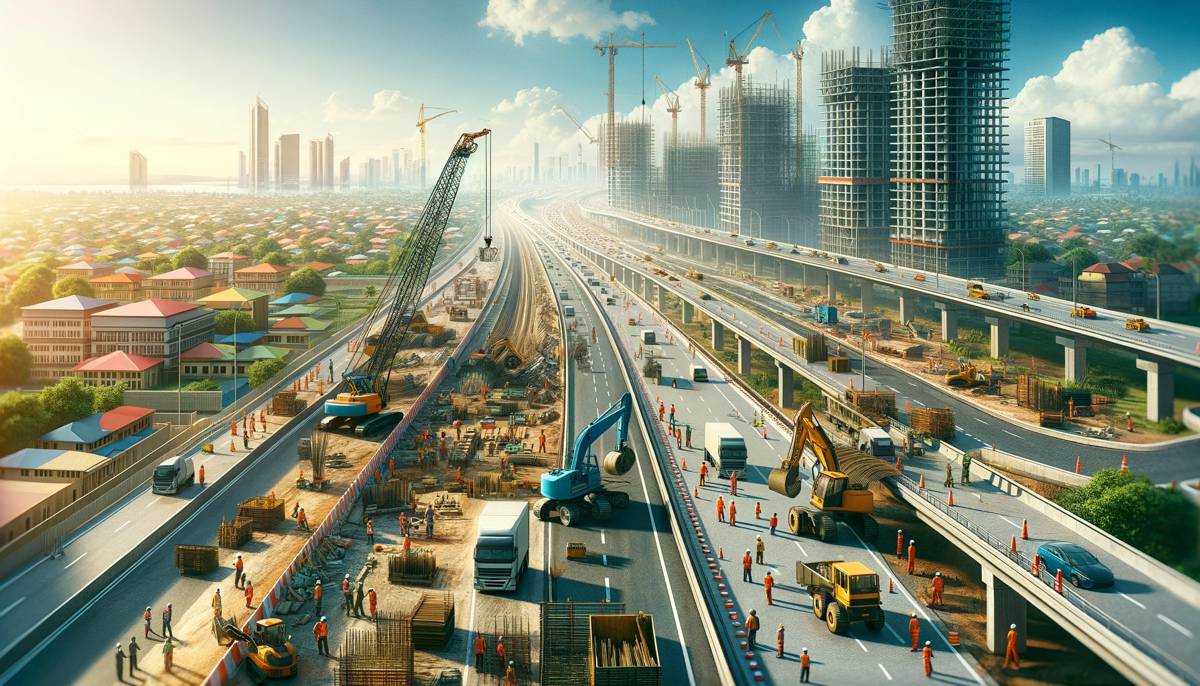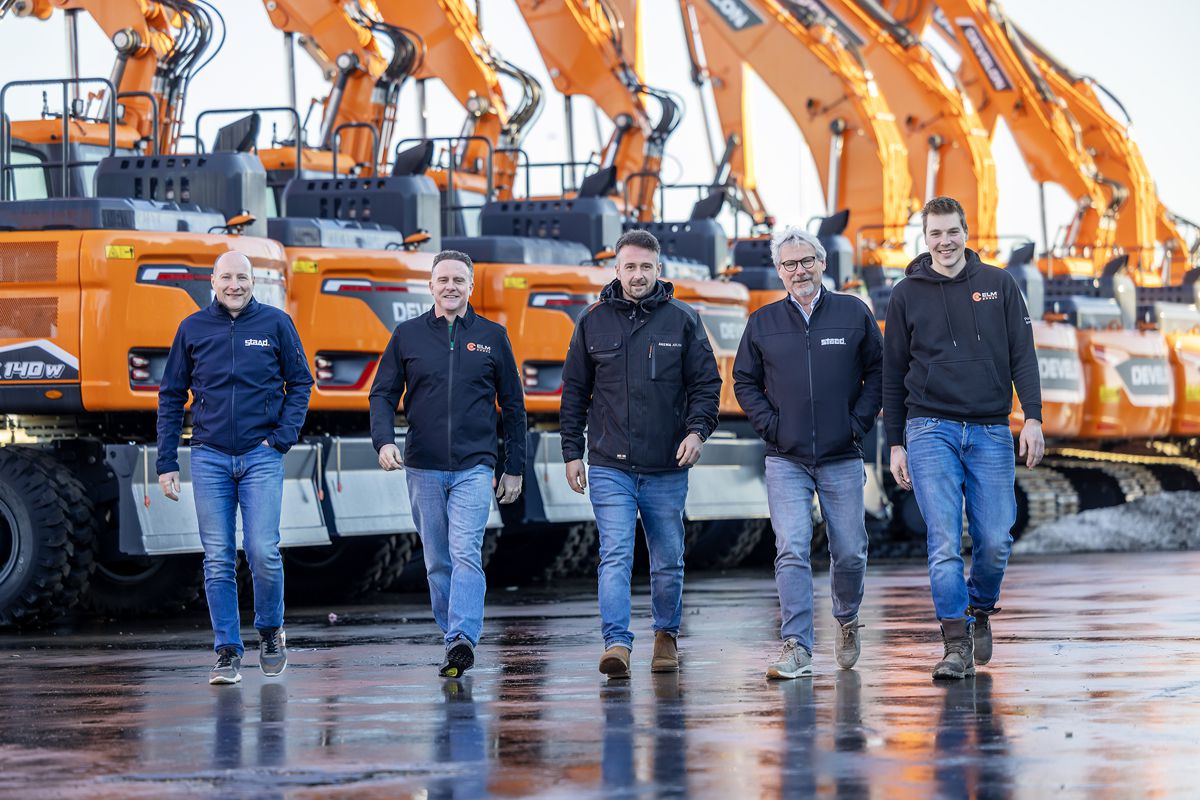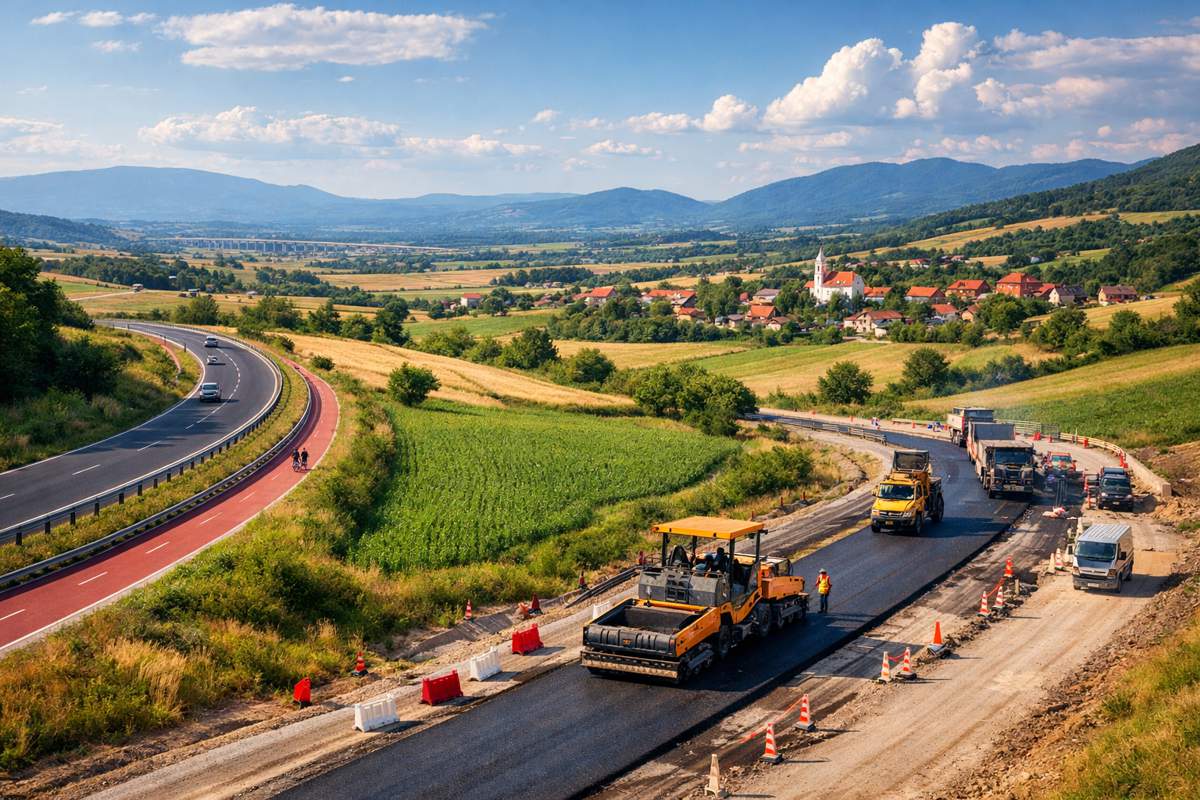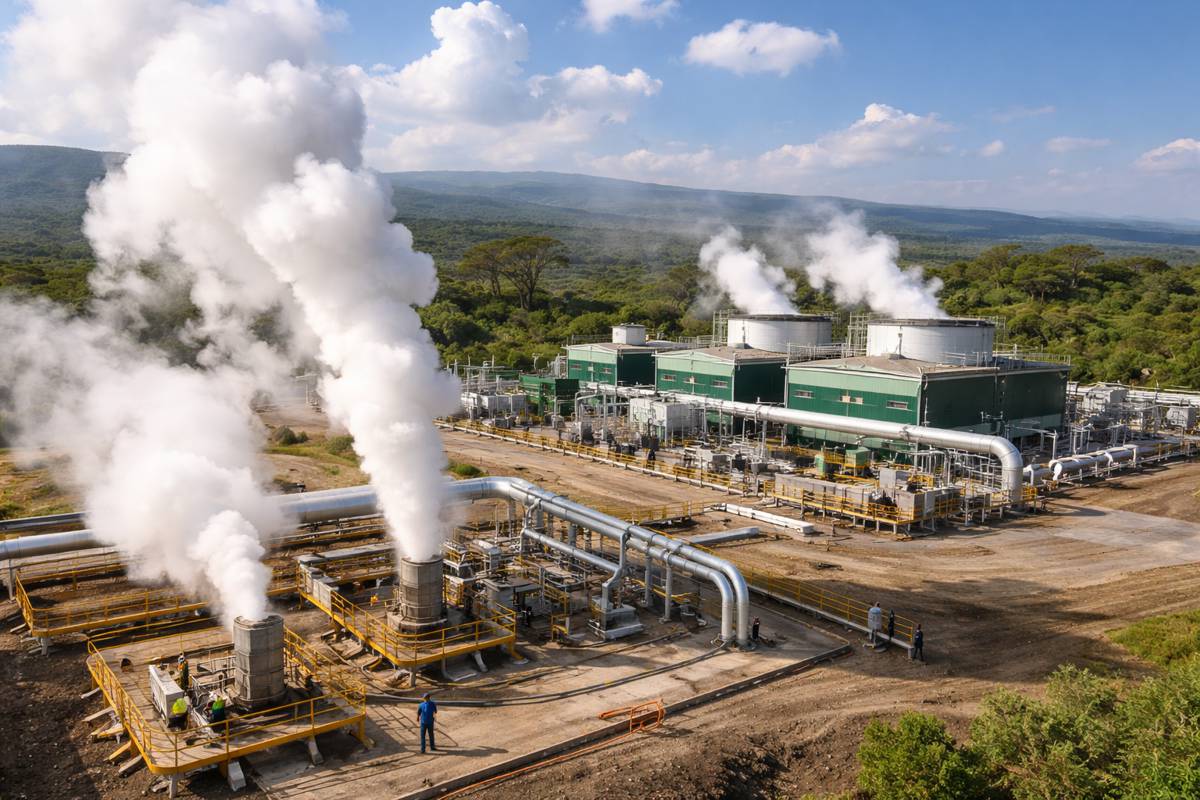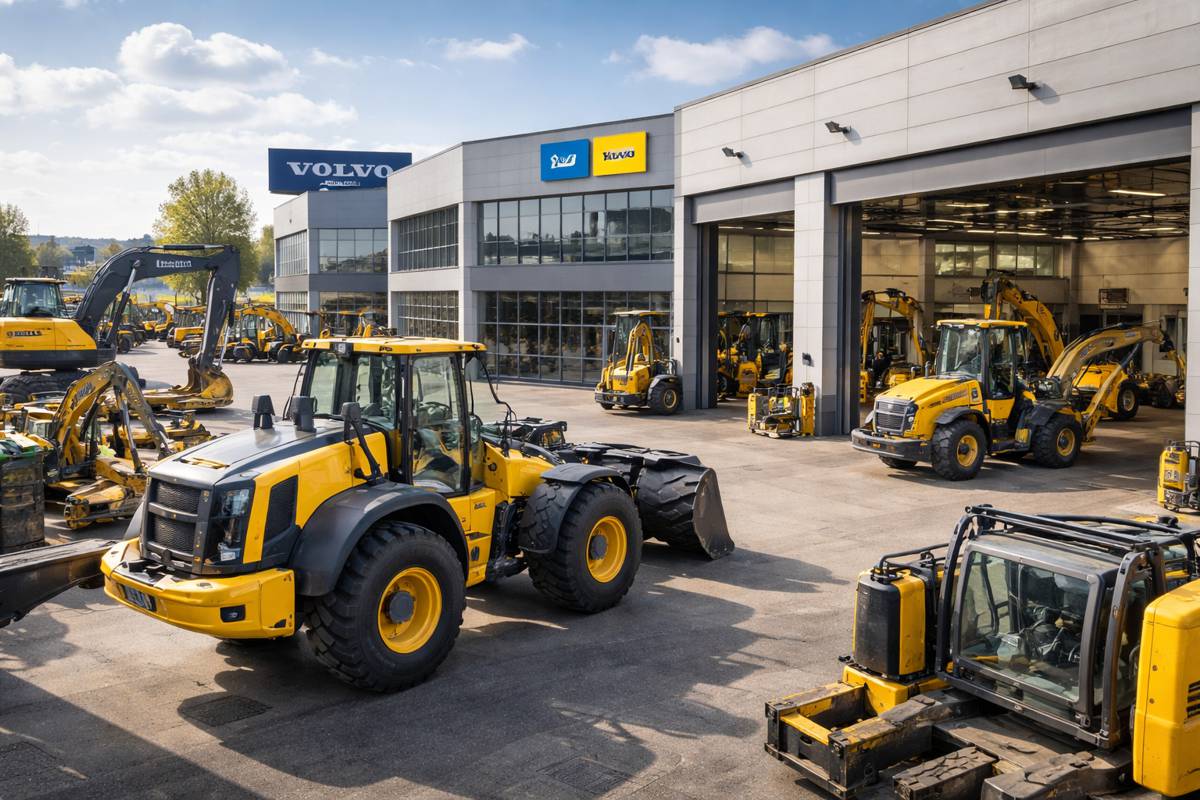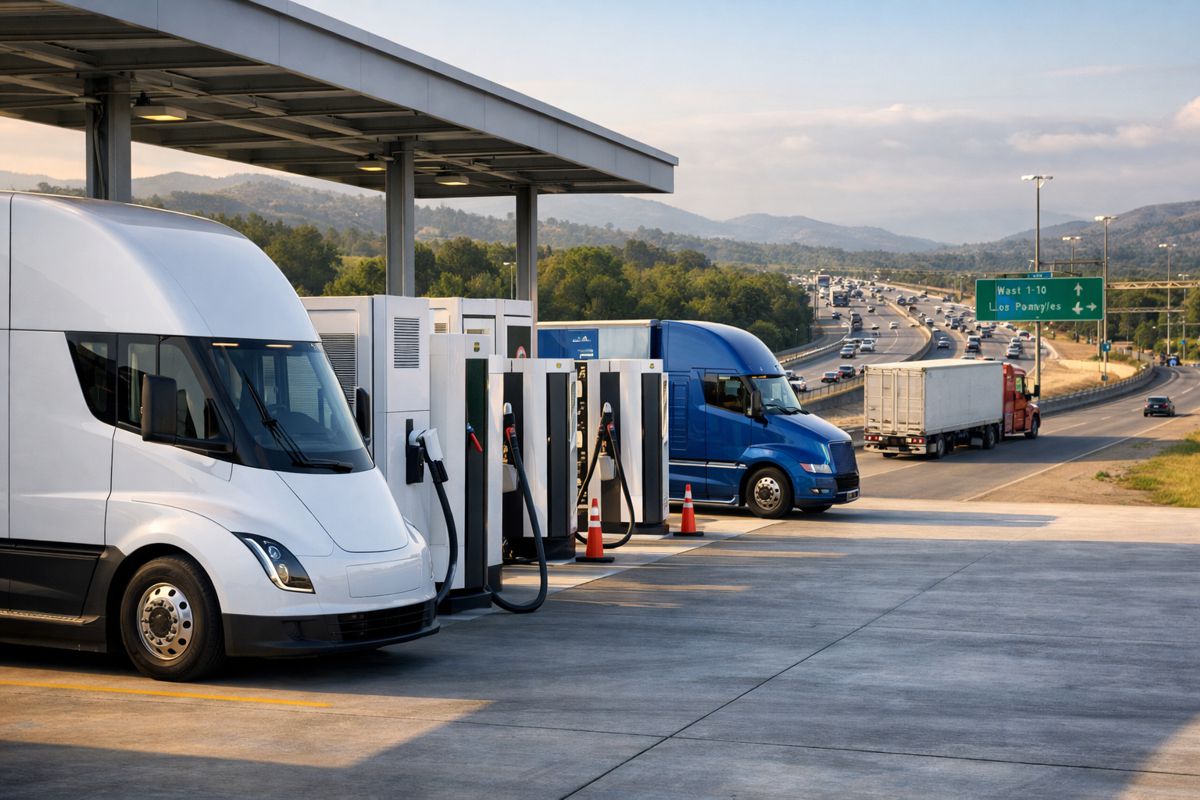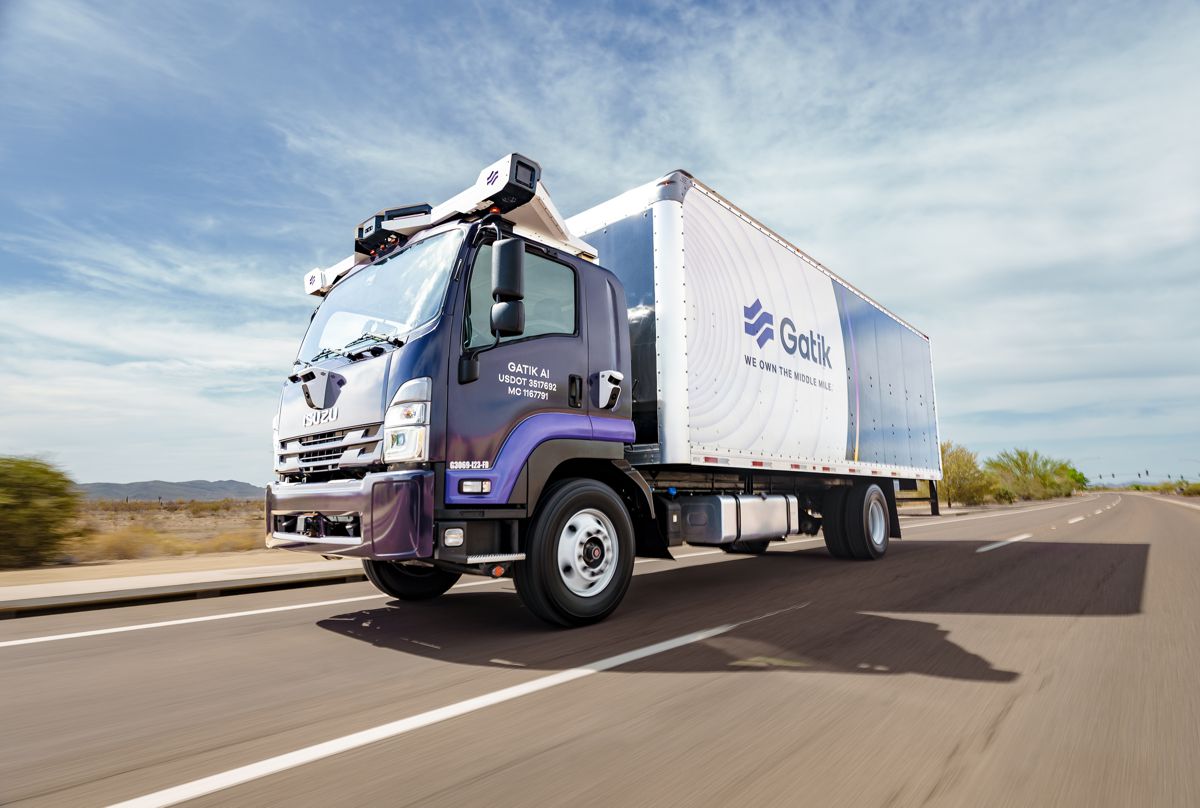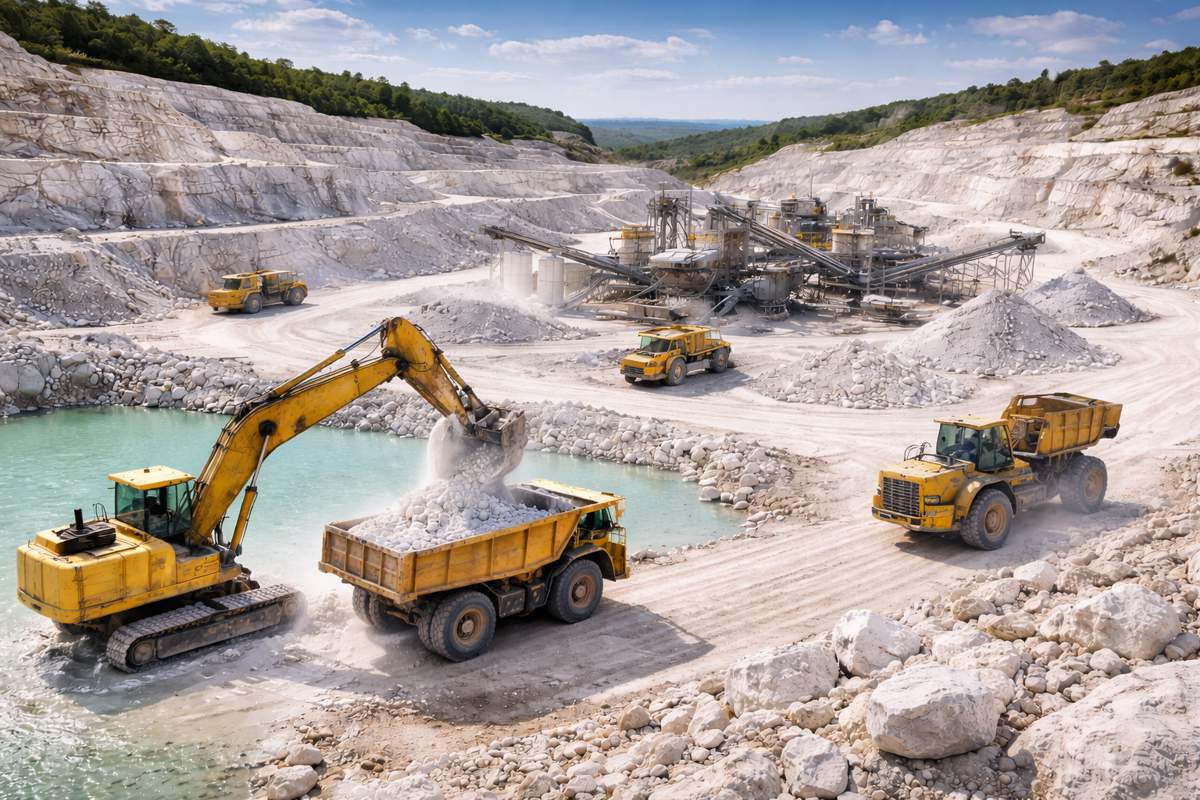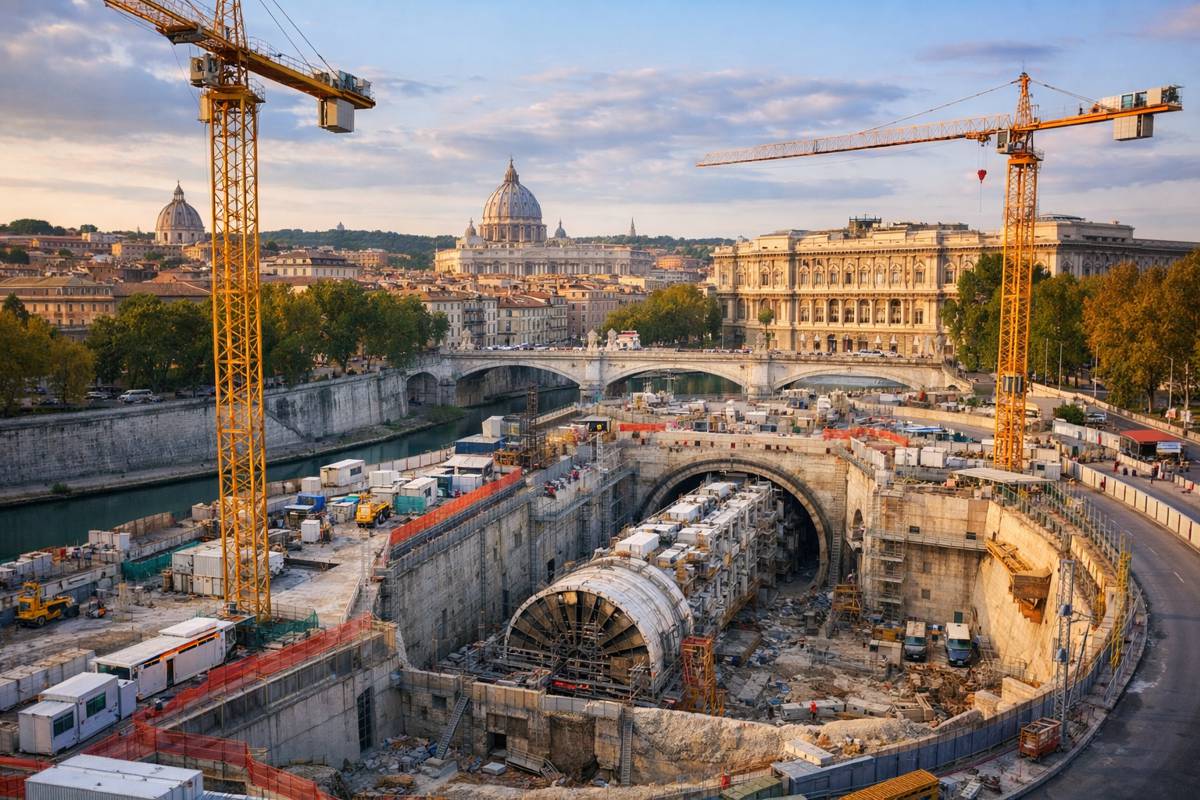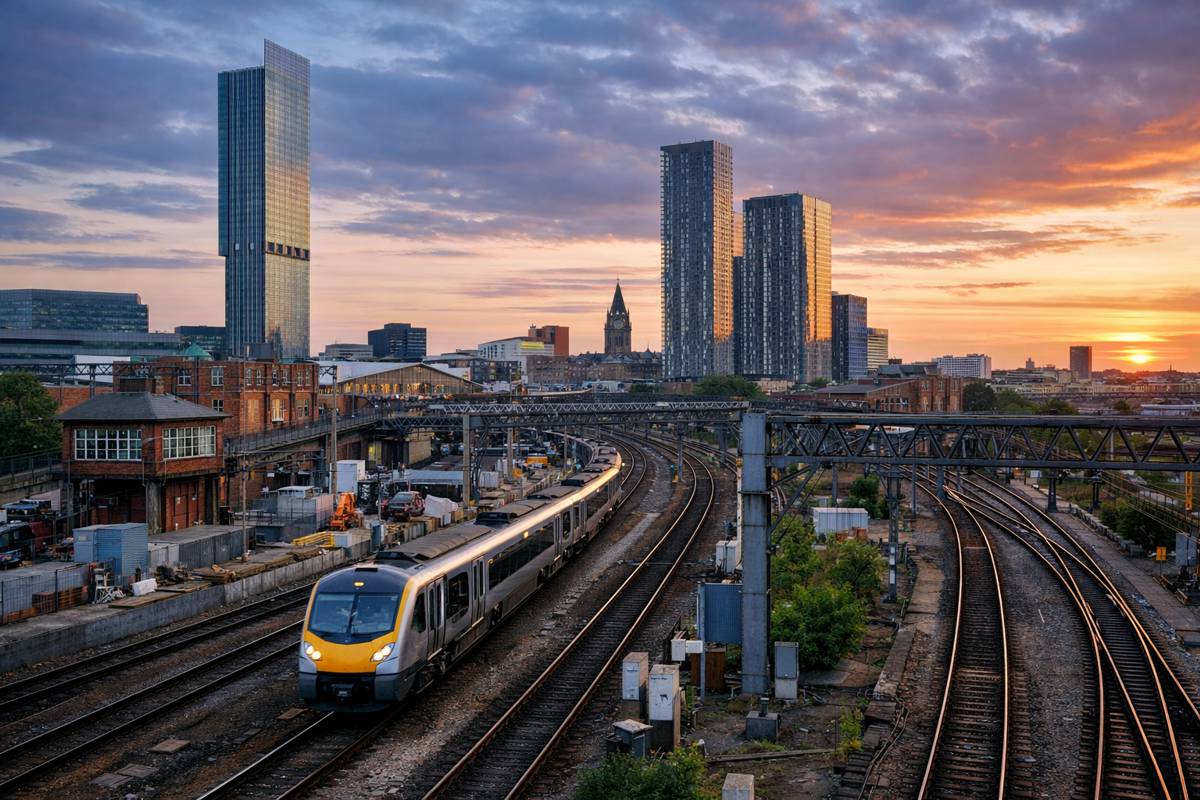Africa50’s pledge to propel West African Infrastructure
In the bustling city of Marrakech, Morocco, where the world’s economic leaders congregated for the Annual Meetings of the International Monetary Fund (IMF) and the World Bank, a significant stride was made towards infrastructure development in West Africa.
This October, as the autumn leaves began to turn, the Africa50 investment platform inked a ground-breaking agreement with the West African Economic and Monetary Union (WAEMU), promising to revolutionise the region’s infrastructure landscape.
A New Dawn in West Africa
Amid the labyrinth of bustling market streets and historic landmarks of Marrakech, this partnership heralded a new era for Benin, Burkina Faso, Ivory Coast, Guinea-Bissau, Mali, Niger, Senegal, and Togo. Africa50’s commitment, focusing predominantly on transport infrastructure, aims to bolster connectivity across these nations, with a spotlight on facilitating smoother border crossings.
“It’s not just about building roads; it’s about connecting people, economies, and opportunities,” remarked Alain Ebobisse, Africa50’s Managing Director, highlighting the project’s broader vision.
The Lagos-Abidjan Motorway: A Path to Prosperity
A cornerstone of this ambitious plan is the Lagos-Abidjan motorway. Spanning 1,081 km and requiring a hefty $15 billion investment, this project is set to link major cities such as Abidjan, Lomé, and Cotonou.
More than just a transportation endeavour, it’s a beacon of economic hope, promising to enhance the implementation of the Continental African Free Trade Area (CAFTA) and revitalize the movement of goods across West Africa.
Energizing the Future
Africa50’s blueprint extends beyond asphalt and bridges. In the realm of energy, the platform is set to champion the West African Power Pool (WAPP), an ambitious initiative launched in December 1999. The aim? To weave a tapestry of interconnected energy markets across the region, powered by renewable sources.
The 140 MW Gouina hydroelectric scheme in Mali, commissioned just over a year ago, exemplifies this green energy thrust.
ICT: The Digital Dimension
In today’s digital age, Africa50’s focus on information and communication technologies (ICTs) is both strategic and necessary. “We’re not just building infrastructure; we’re crafting the backbone for a digital revolution in West Africa,” Ebobisse stated, underlining the transformative potential of ICTs in regional integration.
This venture dovetails with a recent partnership between Africa50 and the West African Development Bank (BOAD), emphasizing sustainable infrastructure financing.
A Tapestry of Collaboration
What makes Africa50’s commitment in Marrakech truly remarkable is its timing and the collaborative spirit it embodies. Amidst a backdrop of global economic leaders discussing the world’s pressing financial challenges, this agreement shines as a beacon of proactive, regional empowerment.
The Road Ahead
As we look to the future, the implications of this partnership are vast and multifaceted. For the ordinary citizen in any of the WAEMU countries, it translates to improved access to markets, jobs, and essential services. For businesses, it signifies smoother logistics, expanded markets, and a surge in economic opportunities.
Yet, challenges loom on the horizon. From ensuring the financial sustainability of these projects to navigating the complex geopolitics of the region, Africa50 and WAEMU will need to tread carefully. But the promise of a more connected, prosperous West Africa is a vision that, today, seems more attainable than ever.
In conclusion, Africa50’s pledge in Marrakech isn’t just about laying down concrete and cables; it’s about laying the foundation for a more integrated, economically robust West Africa. As these projects unfold, they will undoubtedly write a new chapter in the region’s story, one of collaboration, innovation, and shared prosperity.
